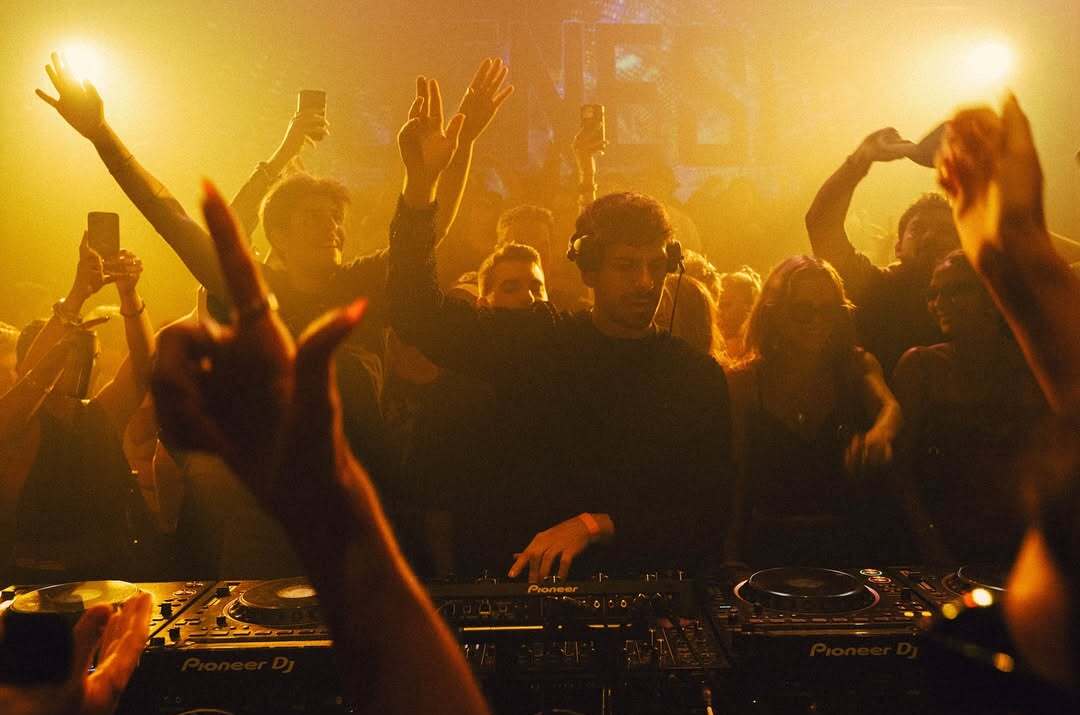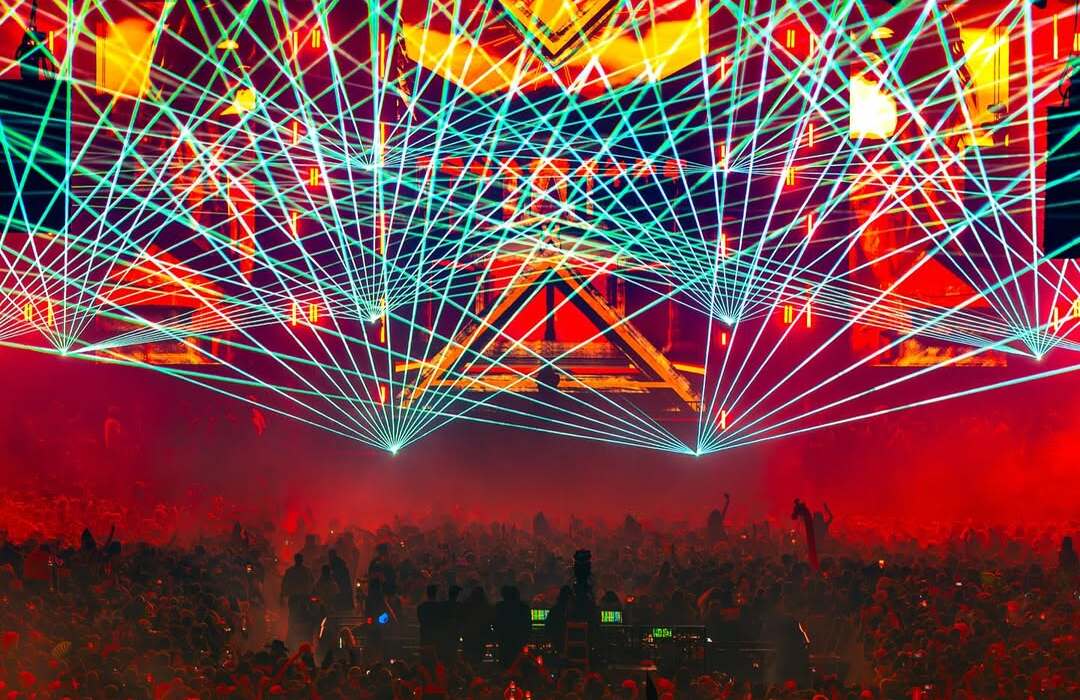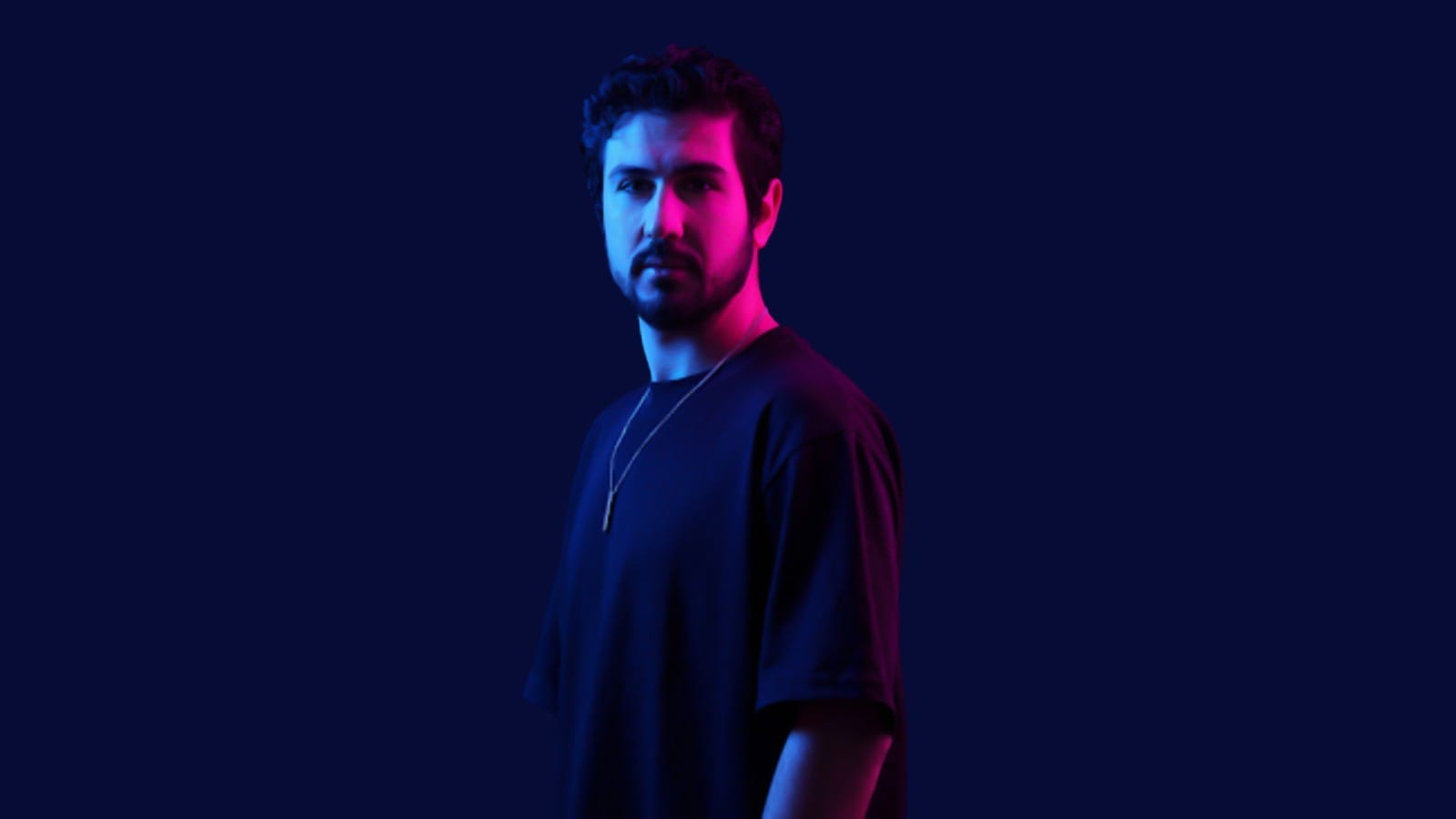Those fighting the subs-or-dubs debate never seem to consider the sheer comedy gold provided by some older dubs. For every quality dub recorded in the early days of anime culture, others were notoriously absurd. Sometimes that absurdity could even lead to hilarity. Such is the case with anime such as the Devilman OVA, the original Jojo's Bizarre Adventure and the infamous Garzey's Wing.
A combination of factors led to some dubs during the 90s becoming unintentionally hilarious. What causes led to these lines being so clumsy and awkward? How have today's dubs improved so significantly from what they often were during the days of VHS anime releases?
How Anime Script Writing Has Changed Since the 90s
Over the years, the anime dubbing scene has transitioned away from literal translation and more toward adapting anime scripts into natural-sounding English. Writing scripts for anime requires the localization team and actors to consider several factors. The script needs to remain loyal in meaning to the original Japanese while still matching the mouth flaps. This often requires making the lines sound natural and understandable to a modern English audience.
A lot of fans hear "localization" and immediately think of studios like 4Kids that completely rewrote and re-edited anime for the consumption of young audiences. However, that's a gross misunderstanding of what localization is. All translation is localization, since some terms and references to Japanese culture do not translate perfectly into another language. Some terms will always be lost in translation, making it necessary for talented translators and writers to localize these concepts to a new audience.
However, older anime dub scriptwriters, rather than adapt the meaning of the original script, would more stringently stick to the original language being used. This resulted in lines that do not sound organic in any context. A lot of words look and sound awkward when a text is literally translated. It's a few steps short of just putting the Japanese script through Google Translate. The words do not always mesh well together. Deliberately edgy lines, as heard in Devilman, are flatly written and sound clumsy. Lines offering exposition in Garzey's Wing sound incoherent and unnatural. This is the result of literal translation.
It doesn't help when the writers are profoundly inexperienced. Devilman's scriptwriter, George Roubicek, was a new scriptwriter who also worked on dubs like A.D. Police and Patlabor. Garzey's Wing has no credited scriptwriter, but rather credits New Generation Pictures for the "translation."
What We've Learned About Dub Acting and Directing Since the 90s
A bad script is rough enough, but it turns into comedy gold when the vocal delivery is handled by uncomfortable dubbing actors and directors unsure how to guide them through the process. They are required to know how to make the written dialogue sound realistic and grounded enough for each character while still meeting the mouth flaps on screen. Ultimately, as with all roles, good acting is necessary to make believable-sounding characters.
A lot of ADR and dubbing directors are also voice actors. Cowboy Bebop's ADR Director is Mary Elizabeth McGlynn, most famous for playing Motoko Kusanagi in Ghost in the Shell. McGlynn is an experienced voice actor who knows exactly what goes into a quality performance and the difficulties actors face when dubbing.
However, because the mouth flaps are geared for Japanese actors, it can sometimes be hard for dub actors to find the right rhythm to match them -- especially for less experienced ones. Other times, inexperienced directors and crews can give poor direction, resulting in actors giving shrill, cartoonish, or absurd performances.
This is the key reason why Devilman and Garzey's Wing both sound so ridiculous. When World Wide Sound dubbed the Devilman OVA, it cast actors with little to no prior experience in acting, let alone dubbing. As for Garzey's Wing, ADR Director Kip Kaplan's biggest credits prior to directing the dub were hentai like La Blue Girl and Legend of the Overfiend. His other credits included sound mixing with minimal acting experience.
The end result of all this is that we receive dubs that are memorable only for their absurd acting choices, bizarre scripting and unnatural direction. It is a perfect storm of poor scripting, acting, and directing that creates unintentional comedy. While these dubs are inherently failures, they are a relic of a time when anime dubbing was not taken seriously as an industry. Today, they provide a compelling point of comparison of how far anime dubbing has come.
About The Author

